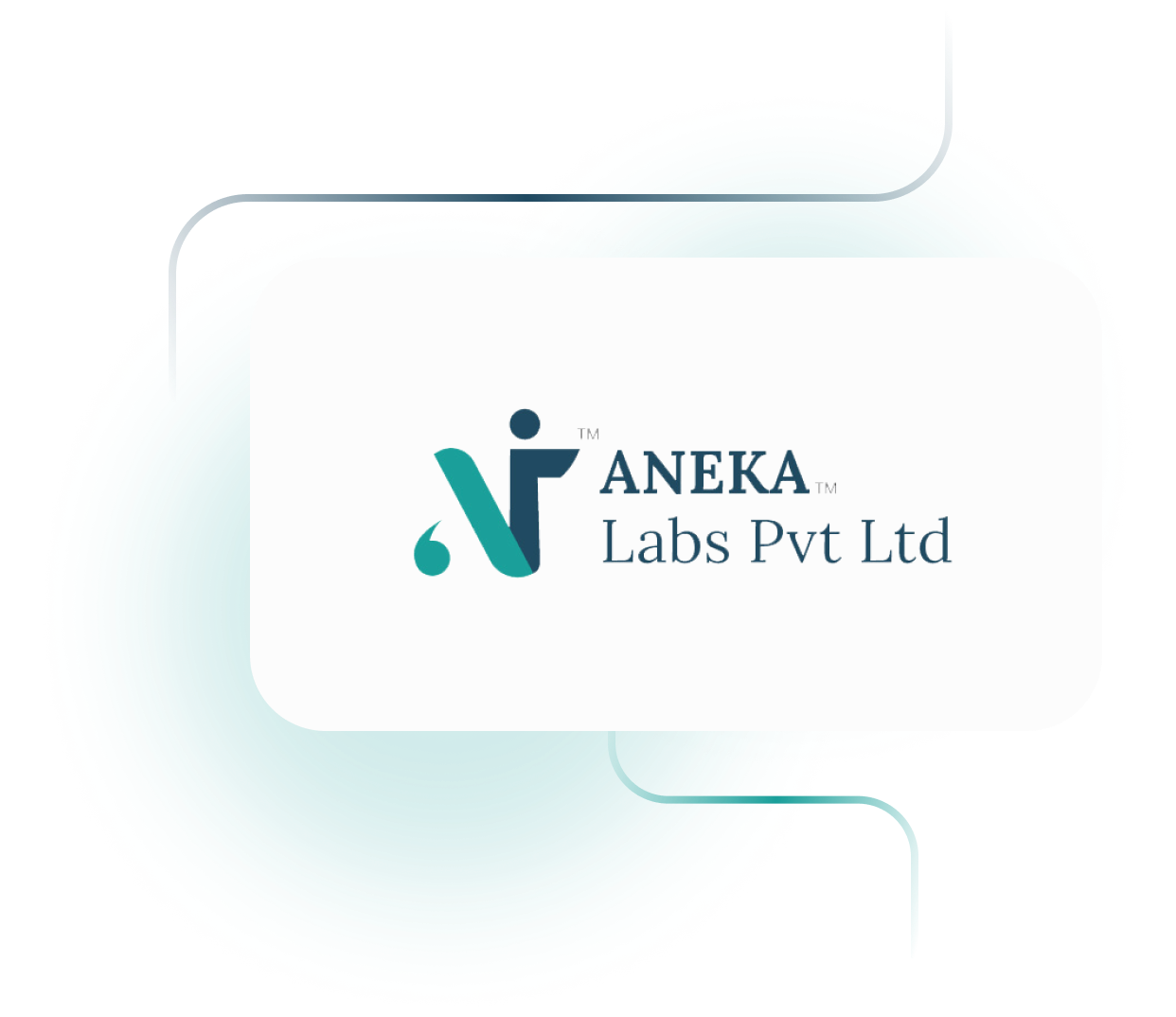Top 8 Trends in CMS Development for 2025

Content Management Systems (CMS) have been around almost as long as the internet itself. They started with basic, text-only blogs and have since evolved into sophisticated editors with advanced media embedding.
Today, content is no longer just bold, italics, or underlined. It demands so much more than these basic capabilities.
The bottomline of the above discussion is that now, a future-proof CMS is no more just a nice-to-have for anyone who is involved in creating, managing, and publishing digital content. It has become a necessity.
Businesses today demand content management systems that go beyond storing and organizing content. They want platforms that scale effortlessly, integrate with cutting-edge technology, and provide a seamless user experience across multiple channels. Moreover, the focus has now shifted from just managing content to optimizing workflows, enhancing security, and delivering hyper-personalized experiences.
Given that such advanced and feature-rich content management systems are the need of the hour, your software development partner must be clued in to the key trends that define CMS development today. If your CMS development services provider isn’t tracking industry shifts, your platform risks becoming outdated, limiting your ability to innovate and compete.
In this blog, we take a look at some of these key trends that are shaping CMS development in 2025 and beyond.
Also Read: Choosing the Right CMS for Your Business: A Comprehensive Guide
1. AI and Machine Learning for Smarter CMS Workflows
Artificial Intelligence (AI) and Machine Learning (ML) are redefining how content management systems operate. From automating metadata tagging to analyzing user behavior and predicting content trends, AI-driven CMS platforms are making life easier for content creators.
Key Benefits:
- Automation: AI-driven workflows reduce manual tasks like tagging and categorization.
- Content Optimization: Machine learning analyzes performance and suggests improvements.
- Predictive Analytics: AI anticipates user preferences while improving personalization.
With tools like AI-assisted content creation and smart recommendations, your business can create more engaging and relevant content while reducing effort and time.
2. Headless and Decoupled CMS for Flexibility
Traditional CMS platforms tie content storage and presentation together, but headless and decoupled architectures separate them which means you get unparalleled flexibility.
Key Benefits:
- Multi-Platform Content Delivery: Serve content seamlessly across web, mobile, IoT, and beyond.
- Flexibility: Integrate with different front-end frameworks like Next.js, React, or Vue.
- Scalability: Easily adapt to changing business needs without major overhauls.
Companies looking for agility and seamless omnichannel experiences are quickly adopting headless CMS solutions to future-proof their digital strategies
At AnekaLabs, we have built custom CMS solutions for clients looking to streamline content management. One such client is Publish Industry India Pvt. Ltd.—a German media house. We developed a dynamic, scalable frontend and backend CMS for them that optimized their operations and enhanced their user experience.
Download the case study to read the full story
3. Hyper-Personalization For Content That Adapts to Users
Users expect content that is tailored to their preferences and behaviors. CMS platforms are increasingly integrating AI-powered personalization to deliver custom experiences in real time
Key Benefits:
- Behavioral Analysis: Track user interactions to deliver hyper-relevant content.
- Dynamic Content: Adjust site elements based on user preferences.
- Segmentation: Target different user groups with personalized campaigns.
Hyper-personalization enhances engagement, boosts retention, and increases conversions which makes it a must-have for modern businesses.
4. Enhanced Security To Protect Content
Cyber threats are evolving, and CMS security needs to keep up. Advanced security measures are now integral to CMS platforms to safeguard sensitive data and ensure compliance.
Key Benefits:
- Blockchain Integration: Secure content authentication and distribution.
- AI-Driven Threat Detection: Identify and neutralize threats in real time.
- Advanced Encryption: Protect data during storage and transit.
As cyberattacks become more sophisticated, it is important that businesses prioritize CMS platforms that offer proactive security solutions.
5. Mobile-First Optimization & Multi-Channel Content Delivery
With mobile traffic dominating the web, optimizing content for mobile experiences is no longer optional. CMS platforms are now integrating features to enhance mobile-first indexing and improve content delivery across devices.
Key Benefits:
- Responsive Design: Ensure seamless display on any device.
- Progressive Web Apps (PWAs): Combine the best of web and mobile experiences.
- Accelerated Mobile Pages (AMP): Boost mobile page speed and performance.
Multi-channel content delivery ensures a seamless experience across platforms, whether users engage via mobile, desktop, or even voice assistants.
6. Real-Time Collaboration & Workflow Automation
Given that many teams are increasingly working remotely, CMS platforms are evolving to support real-time collaboration. Features like co-authoring, inline commenting, and workflow automation have become essential.
Key Benefits:
- Increased Productivity: Streamline workflows to reduce turnaround times.
- Enhanced Team Communication: Integrate commenting and notifications.
- Version Control: Track content changes effortlessly.
Many CMS platforms are leading the way in collaborative editing to ensure that teams can work seamlessly across different time zones and locations.
7. Voice Search & Natural Language Processing (NLP)
With the rise of smart assistants like Alexa and Google Assistant, optimizing for voice search is becoming a necessity. CMS platforms are now integrating NLP capabilities to improve search accuracy and enhance accessibility.
Key Benefits:
- Conversational Content: Optimize for natural speech patterns.
- Schema Markup: Improve visibility in voice search results.
- Voice Assistant Integration: Ensure compatibility with Alexa, Google Assistant, and Siri.
As voice search continues to grow, CMS platforms that support NLP will offer better search experiences and improved content discoverability.
8. Accessibility & Inclusivity
Digital inclusivity is no longer an option. It has become a requirement now. CMS platforms are integrating accessibility features to meet WCAG 2.2 standards and ensure all users, regardless of ability, can interact with content.
Key Benefits:
- Keyboard Navigation: Enable seamless browsing for non-mouse users.
- Screen Reader Compatibility: Ensure content is readable by assistive technologies.
- Semantic HTML: Improve structure for accessibility tools.
Prioritizing accessibility not only enhances user experience but also broadens audience reach and ensures regulatory compliance.
Wrapping Up
The future of CMS is all about adaptability, intelligence, and user experience. Businesses that embrace these trends will be well-positioned to deliver compelling digital experiences in the coming years.
Ready to upgrade your CMS?
Reach out to AnekaLabs for AI-driven and personalized CMS solutions.

